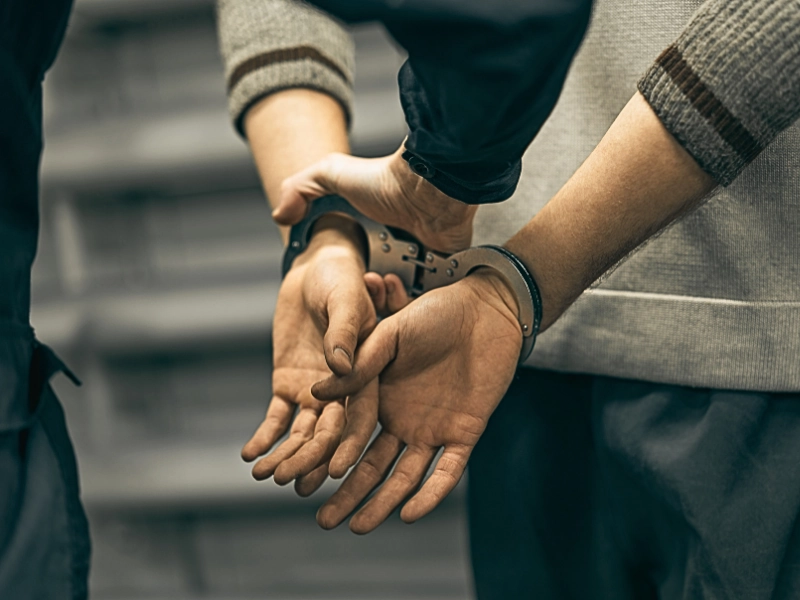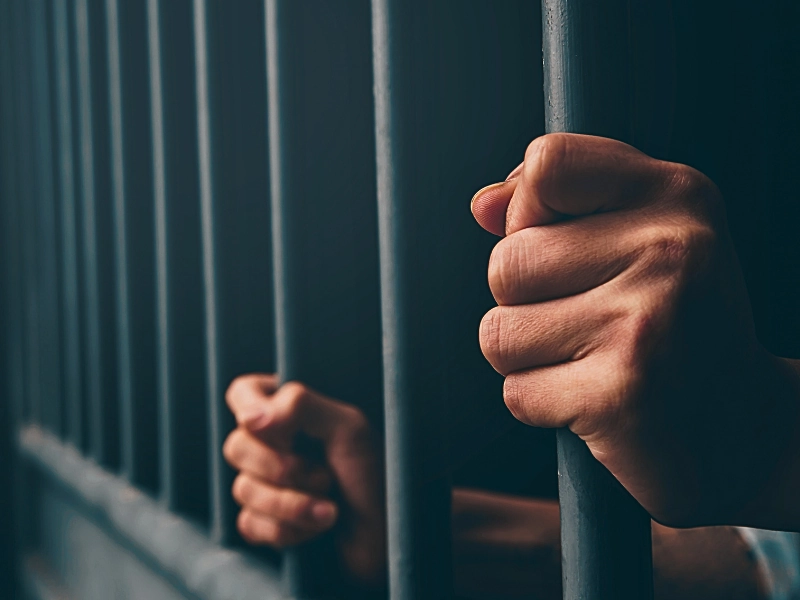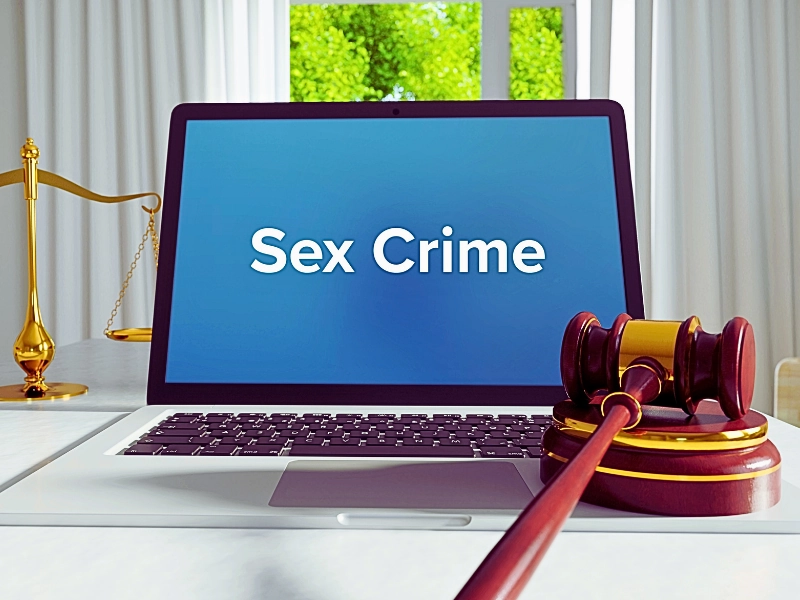Blog
Recently, a sex sting operation in Bloomington, Minnesota, led to the arrest of at least 14 men, including former Minnesota Senator Justin Eichorn. The operation involved undercover officers posing as minors online, engaging with individuals who sought to solicit sexual conduct.
You will go through a disciplinary hearing if you have been accused of criminal sexual conduct at a Minnesota college. The college disciplinary board will conduct the hearing under Title IX law. This federal law requires learning institutions to investigate and resolve student sexual misconduct separately from concurrent or related criminal proceedings. The college administration will punish you appropriately if the hearing determines that you contravened the sexual consent policies under the college’s Code of Conduct. The punishment can range from suspension and college-imposed probationary period to expulsion and compulsory sexual education classes.
One question you may ask when planning to attend an upcoming music festival is: What happens if I’m caught with club drugs in Minnesota? The legal consequences of getting busted with drugs at a music festival include an arrest, criminal charges, a fine, and imprisonment. Beyond the legal consequences, a drug crime charge or conviction can lower your chances of securing employment, housing, and student loans. It may also strain your relationships with family, friends, and society.
A traffic stop initiated on a suspected drug-cartel member in St. Paul has resulted in drug and other criminal charges for a 45-year-old Maple Grove man.
A Sterns County man took a domestic call to a dangerous level in February 2025 when he refused to cooperate with deputies in Paynesville Township.
One question people charged with a sex crime in Minneapolis, MN, ask is: Can past allegations of sex crimes be used against me? Under Minnesota Rules of Evidence, past sex crime allegations aren't admissible as evidence in court to prove a suspect's character and argue that it contributed to the commission of the current crime. However, there are circumstances in which the court may allow prior allegations or bad conduct as evidence. These circumstances include when the prosecution can demonstrate that prior allegations or acts are key to establishing intent, identity, or pattern of bad conduct related to the current crime.
Under Minnesota consent & alcohol laws, it is unlawful to engage in sexual contact or intercourse with someone drunk or intoxicated to a degree that prevents that person from consenting, understanding, or keeping his or her actions in check. Simply put, you should avoid sexual contact with a person who visibly looks impaired by alcohol, drugs, or other intoxicating substances.
People facing arrests or under investigation for drug-related crimes often wonder: How long do police have to file drug charges in Minnesota? Once police officers conclude their investigations and arrest you for drug trafficking, the law bars them from holding you in custody for long. But, even if they can't keep you in jail, the Minnesota statute of limitations allows the prosecution to file the charges within three (3) years of arrest.








